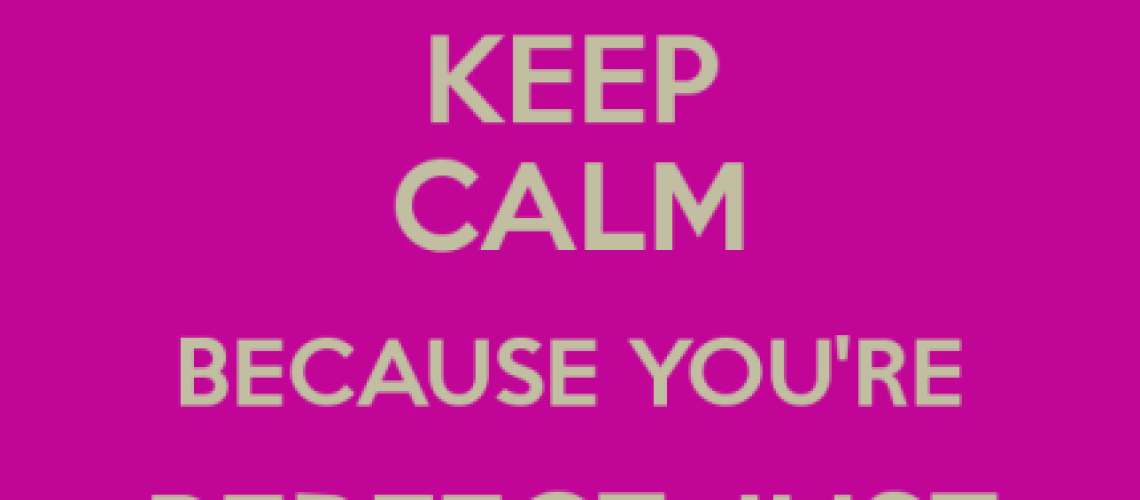Once again my tech set up left me hanging and with an overwhelming sense of self loathing.
Early in the pandemic was a very rocky tech learning curve. Ten minutes into a class I looked over at the laptop to see the screen completely blank and my heart starts racing I am in near panic mode in seconds. Problem! Problem! Alarm bells ring off in my head. I race over to the laptop and start pressing all kinds of buttons. Of course every button I hit leads me further and further away from the resolution. I sit on the floor in near tears. I am 60 years old and I have never felt so stupid in all my life.
I have spent more time crying on the floor feeling like a complete failure by a phone/laptop/website. Trying to navigate through this completely foreign world of tech has brought up so many emotions and forced me to stare directly in the face of old beliefs about myself. I often revisit a memory of standing in a group of kids that were teasing me about being dumb and laughing and agreeing with them.
My endless curiosity and fascination about the world means that I will look for answers to solve problems. So while sitting through the same tutorial for the millionth time, with a gentleman I called on to help me, I remark that he has the patience of Job. And he replies with one of the simplest statements “We can’t know everything about everything” And it smacks me in the face like a cold wet towel.
Of course!
In yoga, we’re often told to approach poses with beginner’s mind—to seek spaciousness or find the nuances that allow us to discover more about a pose and our relationship to it. One of my favorite stories about yogic luminary B.K.S. Iyengar is that, decades into teaching and practicing, he continued to tell his students that he hadn’t yet perfected Mountain pose. Mountain pose, for a man who did headstands into his 80s, was probably not physically challenging. But Iyengar knew that asserting mastery meant closing the door on growth. There is a sacredness in asking, “What can I learn?” from a pose that one has practiced thousands of times.
I’m as guilty as anyone of losing sight of that and focusing simply on completing the flow, hitting a pose, or making it to Savasana. That’s when yoga becomes less about “skillfulness in action” and more about calisthenics.
The way we’re wired to habituate, means we quickly identify, label, and move on. We judge and then close the door, applauding ourselves the faster we do this. We begin to judge before we even truly experience, leaving us only a partial picture, a partial experience. to assume we know how, or not know how to do something. Something I hear all the time… I want to know how to do the pose. Or I don’t know how to do yoga so I’m not interested. And then there is this one.. I’m not good at yoga…
“The container in which we allow ourselves to experience life often gets smaller and smaller, until we can’t move without bumping up against a wall.” As Steven Leonard, a Kripalu Yoga Institute faculty member, says.
Labeling experiences and people—good, bad, simple, difficult—ensures that we’ll always run into that wall. But life is rarely so simple as to merit one label.
To truly embrace beginner’s mind, we must soften around our tendency to assume. We’re always assuming what our experiences will be, assuming we know what we like and dislike, we are smart or stupid, assuming our view is the same as it was yesterday. To assume that anything stays the same is to be caught in delusion. When freed from the fetters of assumption and judgment, our experiences become truer reflections of what is. And what is in one moment is not exactly the same in another. The space between is where learning and growth occur.
Beginner’s mind, like everything else, is a choice. When we choose to turn down our knee-jerk assumptions, we may find a spaciousness that we didn’t know existed. Across decades of practice, Iyengar chose to remain open to what Mountain pose might hold for him.
These past three years has been the perfect example of how we have been pushed to see things differently. Forced us to learn new ways. Pushed our beliefs about learning and change. It has really pushed us to the brink of those beliefs
Me included. I can still feel challenged by the tech and feel defeated at times. But no longer can I stand in that group of kids and laugh at how stupid I am. I realise that being a beginner is a beautiful place to be. That not knowing everything about everything has allowed me to learn so much more.
